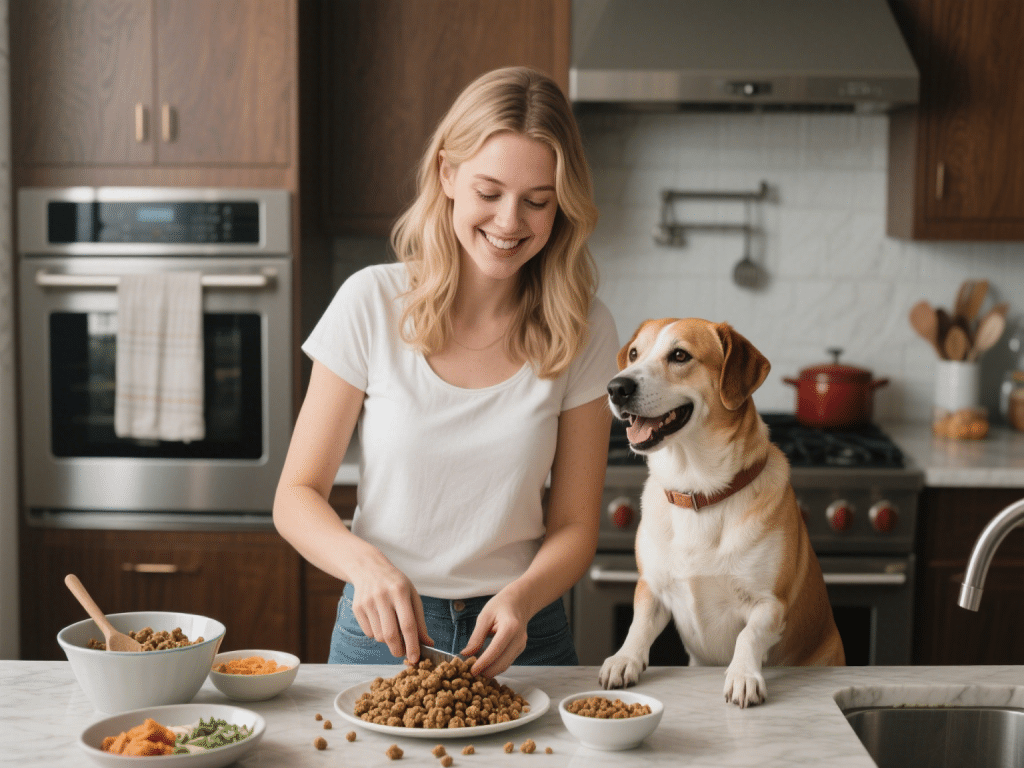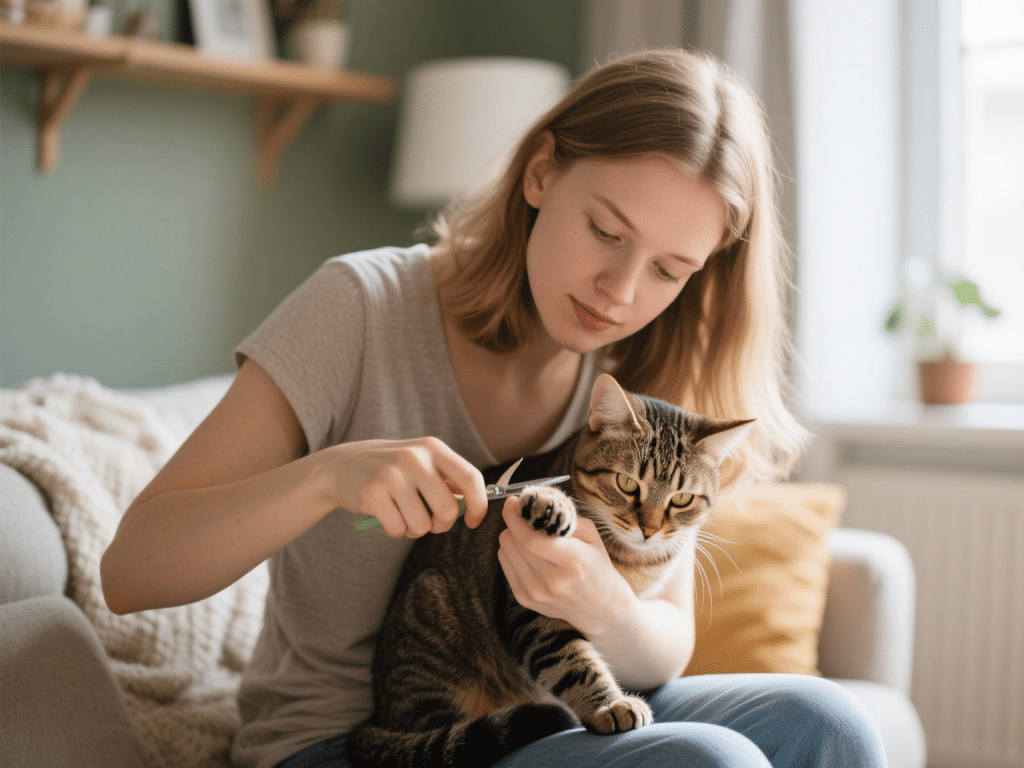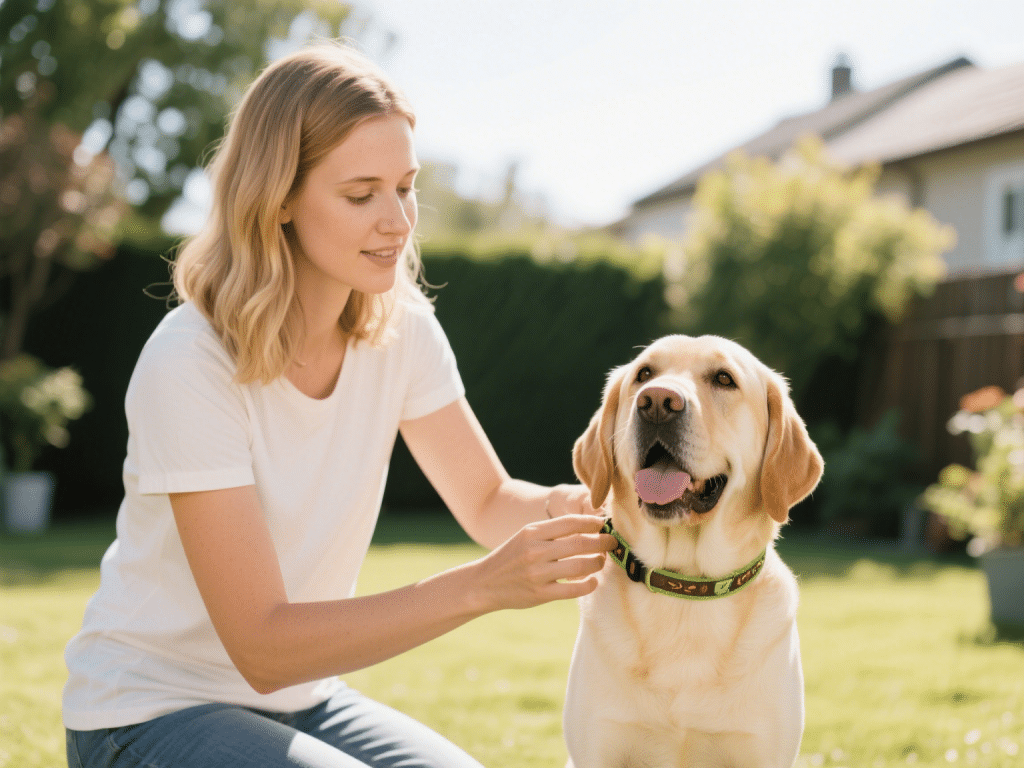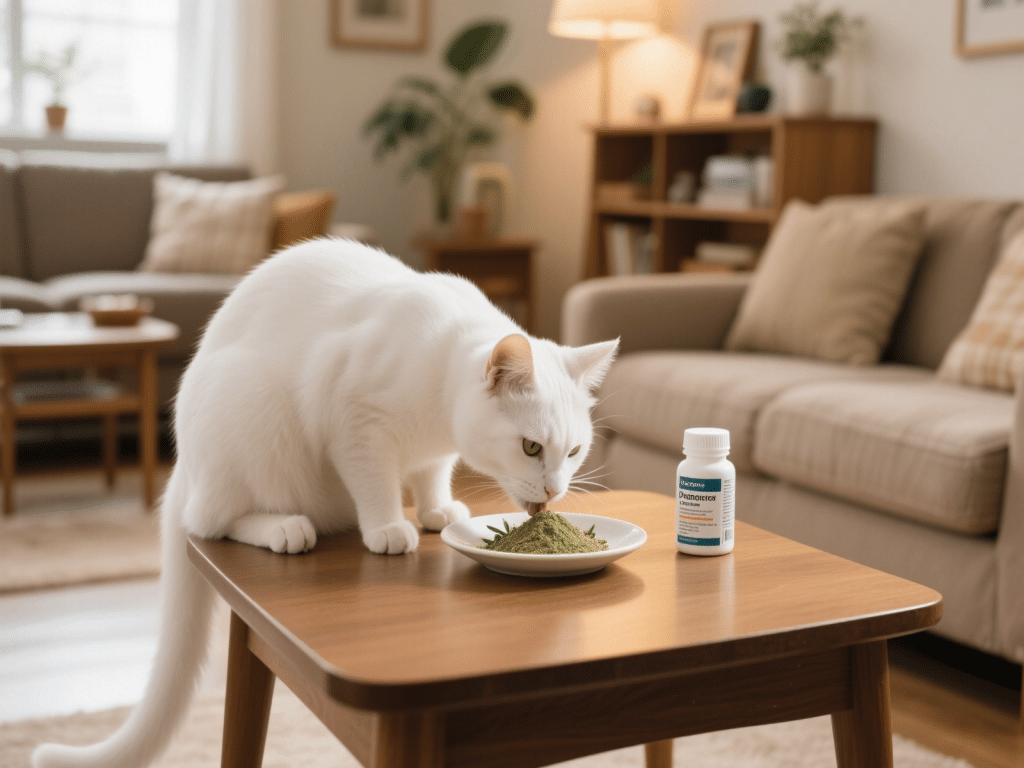
When dogs age, their immune systems slow down, making them more susceptible to internal parasites like roundworms and hookworms. As a veteran canine health writer, I’ve reviewed countless studies and consulted with veterinary parasitologists to develop holistic protocols that minimize chemical exposure while maintaining parasite control. Below is a step-by-step guide to safe, natural deworming for senior dogs.
1. Baseline Screening and Veterinary Partnership
Begin with a fecal flotation test at your vet’s office. This quantifies parasite load and identifies species. Accurate diagnosis allows targeted treatment—critical in seniors who often take multiple medications.
2. Dietary Interventions: Pumpkin and Carrots
Pumpkin seeds contain cucurbitacin, an amino acid shown to paralyze worms, facilitating their removal in stools.
Recipe: Grind 1 tablespoon raw, unsalted pumpkin seeds per 10 lbs of body weight; mix into meals daily for 10 days.
Add grated carrots: High in fiber, carrots gently sweep intestinal walls, aiding parasite elimination.
3. Herbal Allies: Wormwood and Black Walnut
Wormwood (Artemisia absinthium): Traditionally used in folk medicine, wormwood exhibits anti-helminthic properties.
Black walnut hulls: Rich in juglone, it provides broad-spectrum deworming.
Important: Both are bitter; combine in a tincture form and use under veterinary guidance to avoid toxicity.
4. Probiotics for Gut Resilience
A robust gut microbiome can outcompete parasites. Choose a canine-specific probiotic with at least 10⁹ CFU per serving, containing Lactobacillus and Bifidobacterium strains. Administer daily with meals.
5. Hygiene and Environmental Control
Sanitation: Clean bedding and vacuum living areas weekly.
Yard management: Regularly pick up feces to disrupt the parasite lifecycle. Solarize small dog runs by raking and exposing to full sun, which inactivates eggs.
6. Follow-up Testing and Maintenance
Repeat fecal exams two weeks post-protocol to confirm efficacy. For seniors, schedule quarterly screenings. Adjust natural treatments based on results—sometimes a lower-dose conventional anthelmintic is warranted.
Final Thoughts:
Natural deworming in senior dogs demands a strategic blend of diet, herbs, probiotics, and environment hygiene. With veterinary oversight, these methods can maintain parasite control while respecting your dog’s aging physiology. Consistency and monitoring ensure your best friend stays happy, healthy, and parasite-free.










